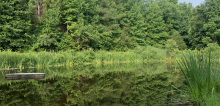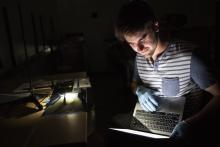Effects of Insulin Resistance on Cognitive Function
Insulin resistance (IR) has traditionally been studied in the context of metabolic disorders, most notably type 2 diabetes, but growing evidence suggests that IR also plays a crucial role in cognitive decline and neuropsychiatric conditions such as schizophrenia. My research explores this emerging intersection between metabolic health and brain function by developing a fast acting IR rat model using a high fructose diet.

